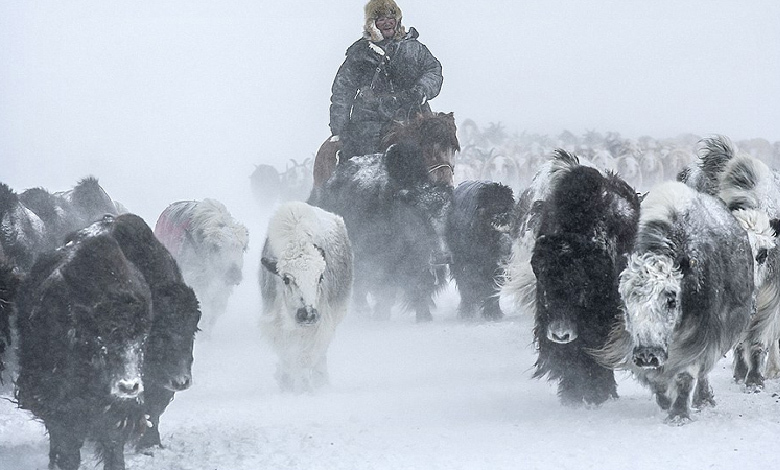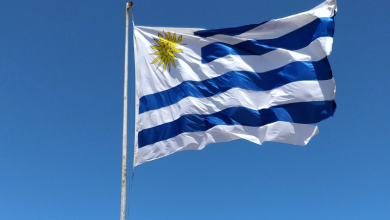Climate change and poor governance exacerbating Mongolian dzud crisis

The ongoing “white and iron” dzud, a peculiar phenomenon unique to Mongolia, has reached a “critical” level, putting more than 90% of the country at high levels of risk, according to UN agencies. This is the second year in a row that Mongolia has faced such conditions.
The Office of the UN Resident Coordinator in Mongolia said nearly 190,000 herder households are struggling with inadequate feed, skyrocketing prices and increased vulnerabilities. Last winter about 70% of Mongolia got affected by the crisis.
Dzuds increasing in intensity and frequency since 2015
Dzuds are extreme winters characterised by freezing temperatures, heavy snow and ground so frozen that animals cannot reach pasture. These conditions are usually preceded by a dry summer with equally inadequate grazing, leaving livestock unable to build up enough fat.
Climate change and poor environmental governance have been exacerbating the crisis as the frequency and intensity of dzuds have been increasing since 2015. The situation underscores the urgent need for humanitarian assistance and sustainable solutions, the Office said.
This cold season, the dual “white and iron” dzud is marked by an extremely deep snow cover preventing animals in Mongolia from accessing grass (white dzud) combined with a short thaw and subsequent hard freeze that locks up resources in ice (iron dzud).
Mongolian dzud putting human lives in peril too
In addition to the animals, more than 258,000 people – including over 100,000 children – have been affected as heavy snow keeps obstructing movement on roads, leaving the young ones unable to access vital health, education and social services, according to UNICEF.
Herder families often have to leave their children at boarding schools or in the care of relatives, increasing protection risks and causing psychological stress, the UN Children’s Fund noted. There is an urgent need for road cleaning programmes, medicines and radios.
Read More: Can football play its part in uniting people against climate change?



